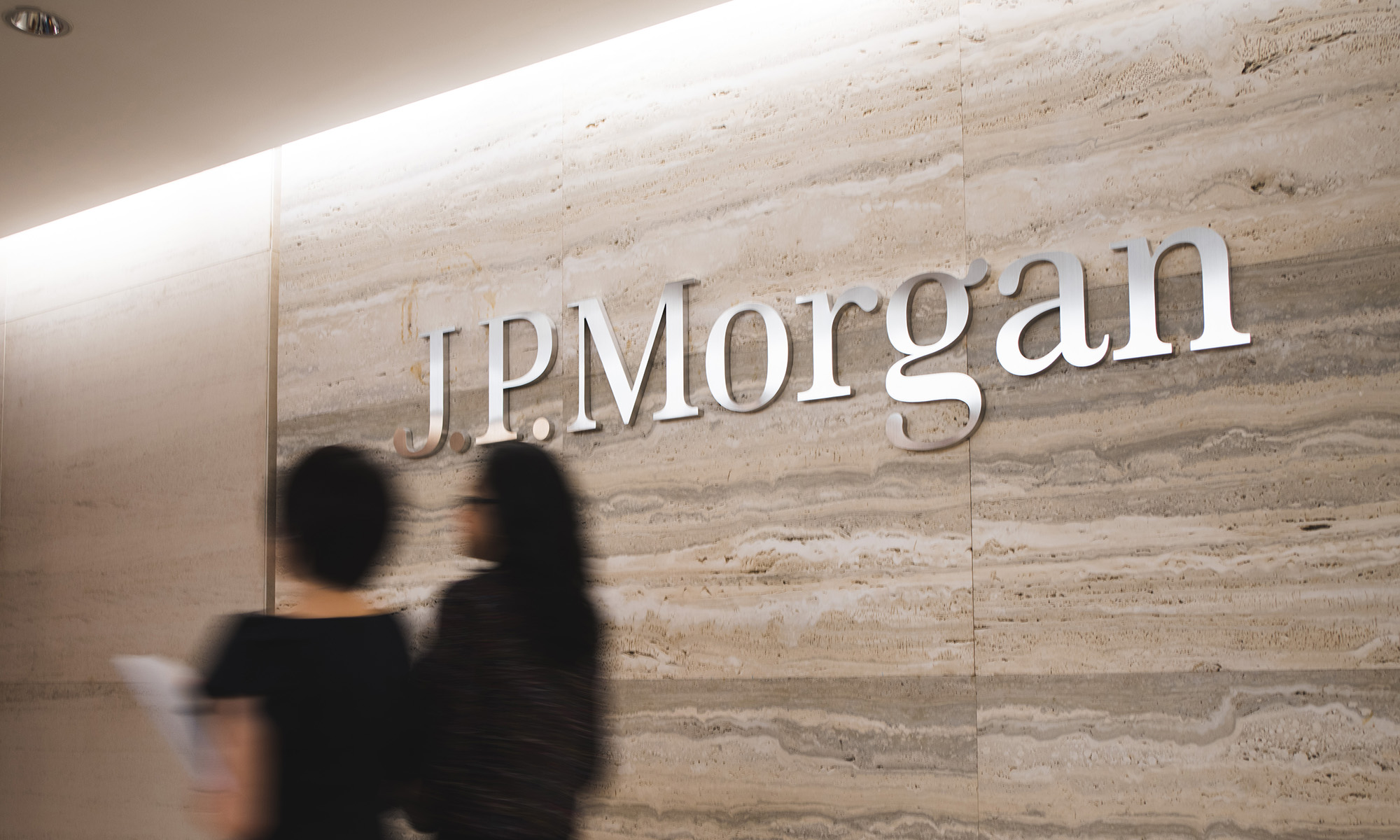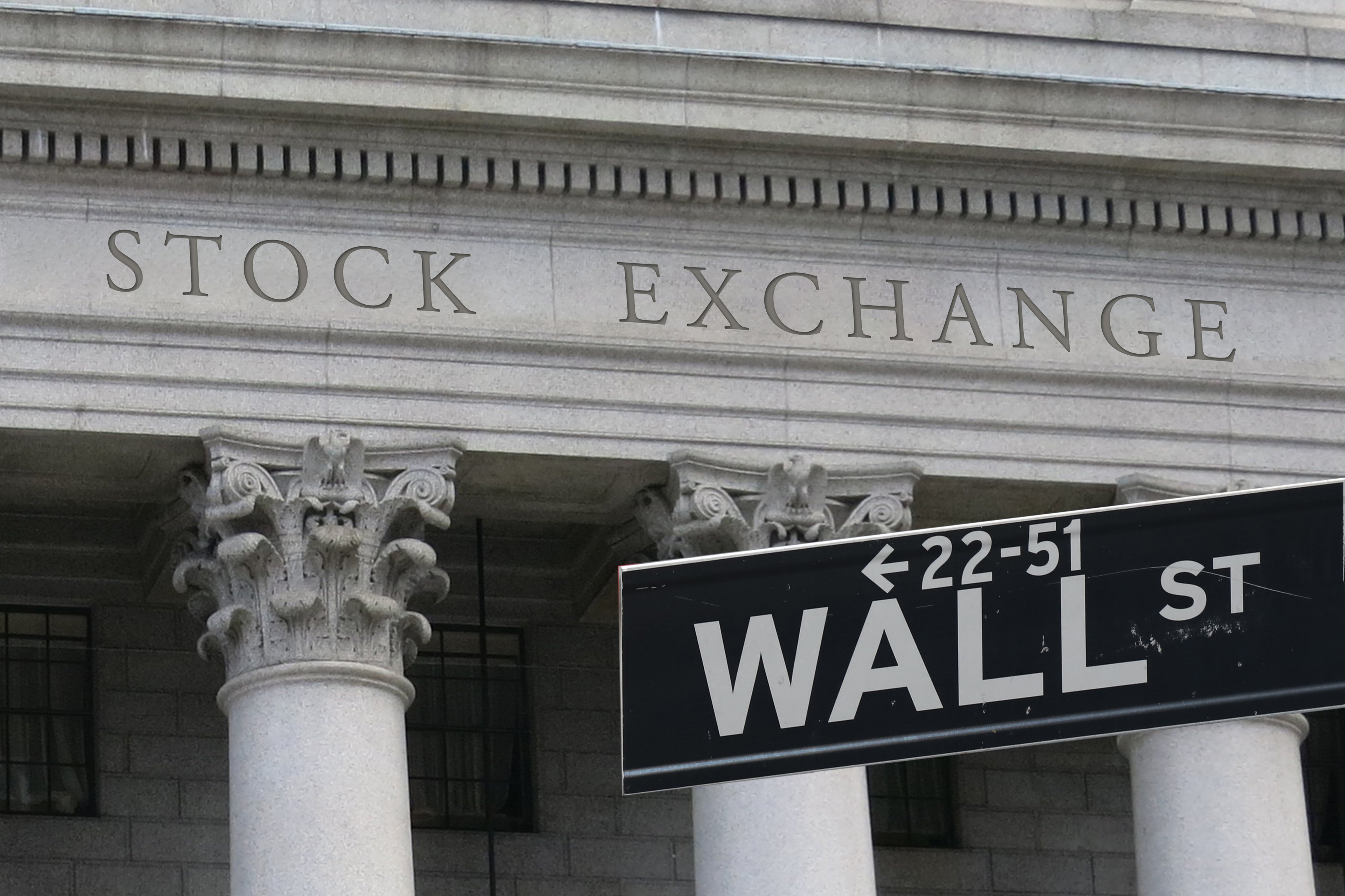If you look at JPMorgan Chase's (JPM 0.18%) performance in the second quarter, with the bank beating analyst expectations on both the top and bottom lines, it's hard to understand why its shares fell after the bank reported results this morning.
Consider this: JPMorgan Chase's earnings per share in the second quarter grew by 17% on a year-over-year basis in the three months ended June 30, coming in at $1.82 per diluted share. Compared to the first quarter, the figure was up 10%.
To put this in perspective, analysts expected JPMorgan Chase to generate earnings of $1.60 per share, or about 12% below the actual figure. (Second-quarter 2016 EPS was $1.55.)
I wrote the other day that bank earnings are getting boring, which is a good thing. Yet a double-digit increase in earnings per share at the nation's biggest bank, plus a meaningful outperformance relative to the consensus estimate, is hardly boring.
Some of JPMorgan Chase's unexpected gain can be attributed to a $406 million after-tax benefit from a legal settlement the bank entered into during the quarter. The deal was between the bank, the FDIC (Federal Deposit Insurance Corporation), and Deutsche Bank. It related back to JPMorgan Chase's 2008 acquisition of Washington Mutual. If you strip this out, JPMorgan Chase's normalized earnings come in around $1.71 per share.
JPMorgan Chase's top and bottom lines were also fueled by solid core loan growth, which was up 8% compared to the year-ago period. Credit card sales volumes climbed 15% relative to the second quarter of 2016, presumably helped by the success of the Chase Sapphire Reserve Card. The bank's wealth asset and management unit saw assets under management reach a new high. And JPMorgan's commercial banking unit delivered record results in the quarter "with broad strength across products and markets," explained chairman and CEO Jamie Dimon.

Jamie Dimon, the chairman and CEO of JPMorgan Chase. Image source: JPMorgan Chase.
Dimon went on to note in prepared remarks:
We continued to post very solid results against a stable-to-improving global economic backdrop. The U.S. consumer remains healthy, evidenced in our strong underlying performance in Consumer & Community Banking. Loans and deposits continue to grow strongly, and card sales and merchant processing volumes were up double digits, reflecting our consistent investment in the business. In the Corporate & Investment Bank, we maintained our leadership in Banking, while Markets revenue was down amid lower volatility and client activity.
The biggest disappointment was JPMorgan Chase's trading revenues, which wasn't unexpected. Banks had warned earlier in the quarter that trading activity was muted. With the results now in, it's clear they weren't kidding. JPMorgan's fixed-income trading revenues fell 19% in the quarter relative to last year.
JPMorgan Chase saw its lending margins contract through the quarter as well. Its net interest margin -- the yield on a bank's portfolio of earning assets, net of funding costs -- came in at 2.31% for the three-month stretch. That was below the 2.35% expected by analysts. It also represented a drop relative to the prior quarter, when JPMorgan Chase reported a net interest margin of 2.33%.
Going forward, the New York-based bank lowered its full-year net interest income target. It now expects a full-year increase of approximately $4 billion, not the $4.5 billion it expected as recently as last quarter. This seems to be the reason, at least according to other commentators and analysts, that JPMorgan Chase's shares fell today despite its otherwise upbeat earnings.
At the end of the day, there is nothing in JPMorgan Chase's latest earnings report that changes the thesis underlying its stock. This is a well-run bank that can be expected to grow slowly but steadily, with a healthy dividend and stock buybacks to boot. But while its shares aren't patently expensive, given their run-up since the election, it's my belief that investors are better off waiting for a pullback in the market before wading further in.






